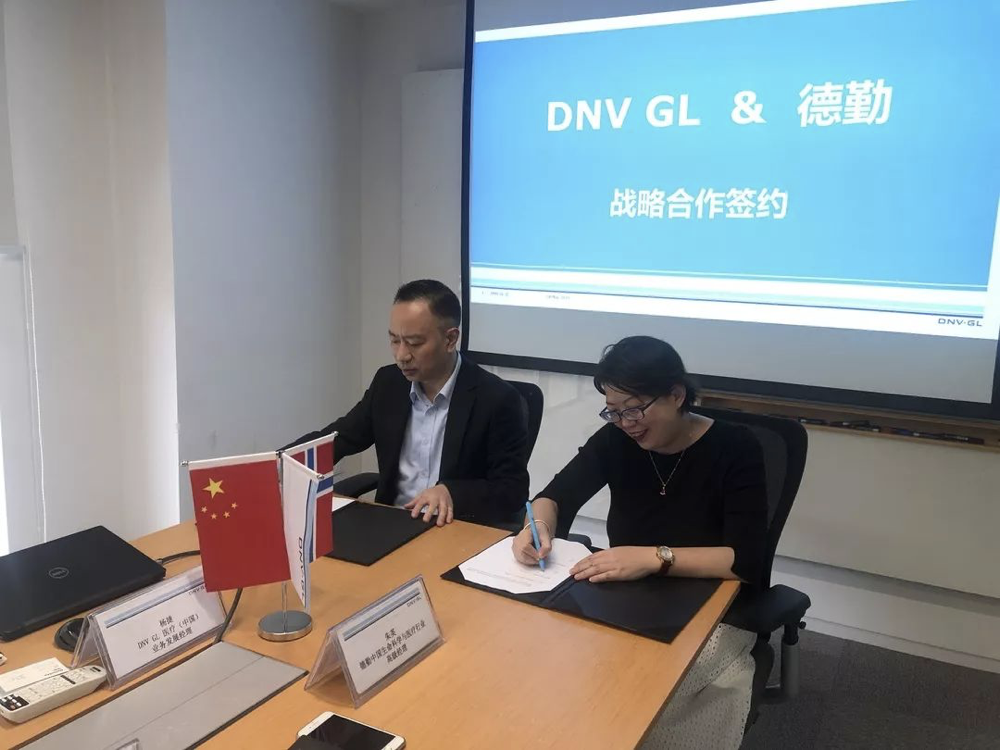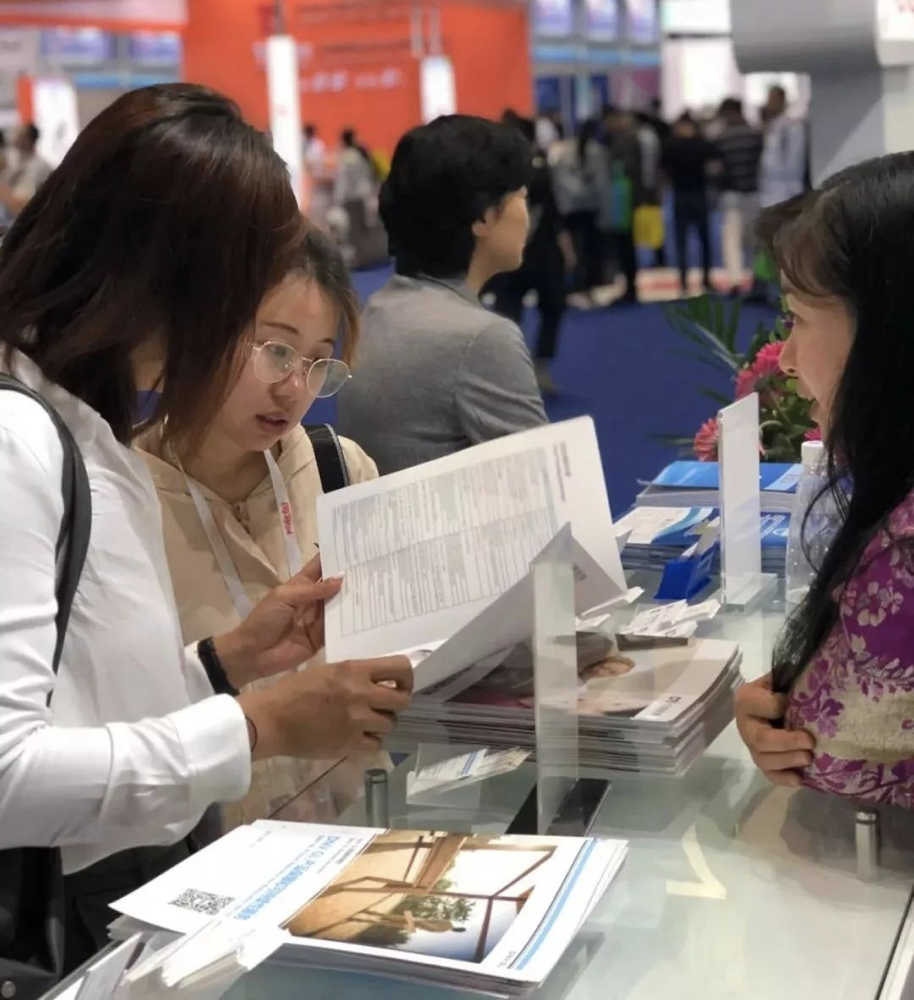Weekly Report Nov. 16 – 22
Following the big week in Singapore that included a steering committee meeting, meetups, and a host of other public events, VeChain was quick to get back to business in China.
Nov. 16: Presentation to DNV GL
VeChain’s CBO Qian Chengcheng attended a blockchain technology for business applications, that was attended by a number of local groups including the Bureau of Commerce, Zhejiang China Commodities City Group, the Yiwu Electrical and Electronics Association, and an overseas student association. With so much positivity around blockchain in China, events that focus on education and business governance will play a major role in opening up potential partnerships.
 dnv gl,DNVdnv gl,
dnv gl,DNVdnv gl,
11-17: COO Kevin Feng speaks at a Global Entrepreneurship Blockchain Event (Shanghai)
Kevin Feng took part in a presentation on the potential of blockchain, and informed the audience about the key for enterprise usage: mainly that blockchain must create value by reducing costs or increasing efficiency.
He noted that “Since the beginning, VeChain has always paid attention to business adoption related to the real economy, such as supply chain, food safety, medical care, etc. This path of development is correct, but rarely seen in the blockchain industry.”

Nov. 20 – Accenture Delegation Visits VeChain
Consulting giant Accenture sent a delegation to VeChain’s Shanghai office, including their international team and core customer reps. Their main goal was to learn more about the current state of blockchain technology and understand how it can help to innovate in the business world. This was a great opportunity to show off many of VeChain’s solutions, such as ToolChain, and explore the possibility of future cooperation.

Nov. 22 – VeChain and DNV GL Present at the AWS Retail & Consumer Products Industry Conference
VeChain CBO Qian Chengcheng and DNV GL’s Director of Digital Transformation Yu Jie headed down to Guangzhou to participate in the Amazon Web Services Retail & Consumer Products Industry Conference. They discussed how blockchain can be used in digital certification services, such as My Story.

Looking ahead, next week is already shaping up to be an important one for the VeChain ecosystem as CEO Sunny Lu and DNV GL’s Renato Grottola will be speaking in Milan at Distributed Minds. Grottola is managing a number of key VeChain-related projects, including the San Marino Low Carbon Ecosystem, making him an intriguing speaker for update-hungry community members. Also speaking at the event will be Jur CEO Alessandro Palombo and head of San Marino Innovation, Sergio Mottola.




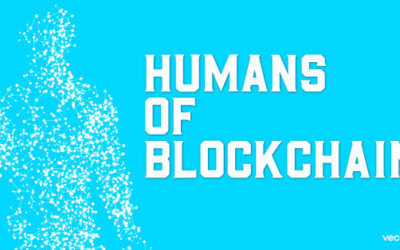
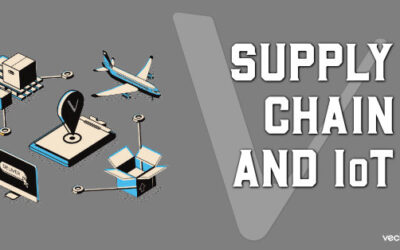
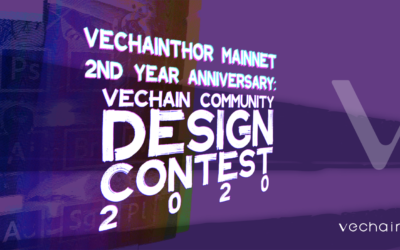


 VeChain’s public blockchain will be used to encourage citizens to become carbon neutral, by rewarding them with tokens (nicknamed ‘Greenies’) for activities such as public or electric transport, ride-sharing, low-energy and water consumption, solar power installation, and recycling. This system, aimed at tourists as well as citizens, will allow residents and visitors to redeem tokens for a number of goods, discounts, and additional services. This ecosystem will be developed by DNV GL, but will require the participation of a number of large corporations that have yet to be announced. Grottola also stated his belief that blockchain and circular ecosystems are essential for helping with the UN’s Sustainable Development Goals.
VeChain’s public blockchain will be used to encourage citizens to become carbon neutral, by rewarding them with tokens (nicknamed ‘Greenies’) for activities such as public or electric transport, ride-sharing, low-energy and water consumption, solar power installation, and recycling. This system, aimed at tourists as well as citizens, will allow residents and visitors to redeem tokens for a number of goods, discounts, and additional services. This ecosystem will be developed by DNV GL, but will require the participation of a number of large corporations that have yet to be announced. Grottola also stated his belief that blockchain and circular ecosystems are essential for helping with the UN’s Sustainable Development Goals.  Circular ecosystems, like the one shown in San Marino, are being developed by VeChain and DNV GL in other key regions, including China and some European nations. They have the ability to activate and engage citizens, providing incentives to meet the SDGs, rather than just relying on traditional government driven initiatives. Grottola concluded with a list of things DNV GL learned on their 2 year journey with blockchain. He stressed the importance of collaboration, and warned that the internal debates between “alt-coiners” and “one-coiners” was extremely detrimental to the entire industry. There was little doubt that among an international audience with many top industry leaders – few were anywhere near the level of DNV GL.
Circular ecosystems, like the one shown in San Marino, are being developed by VeChain and DNV GL in other key regions, including China and some European nations. They have the ability to activate and engage citizens, providing incentives to meet the SDGs, rather than just relying on traditional government driven initiatives. Grottola concluded with a list of things DNV GL learned on their 2 year journey with blockchain. He stressed the importance of collaboration, and warned that the internal debates between “alt-coiners” and “one-coiners” was extremely detrimental to the entire industry. There was little doubt that among an international audience with many top industry leaders – few were anywhere near the level of DNV GL. Source:
Source: 